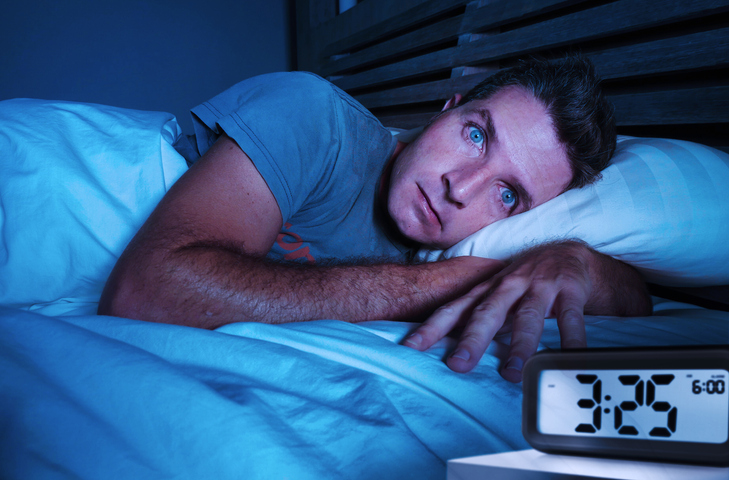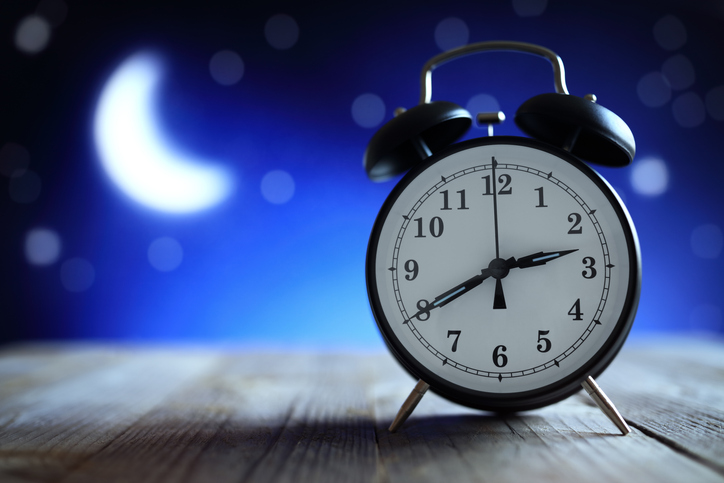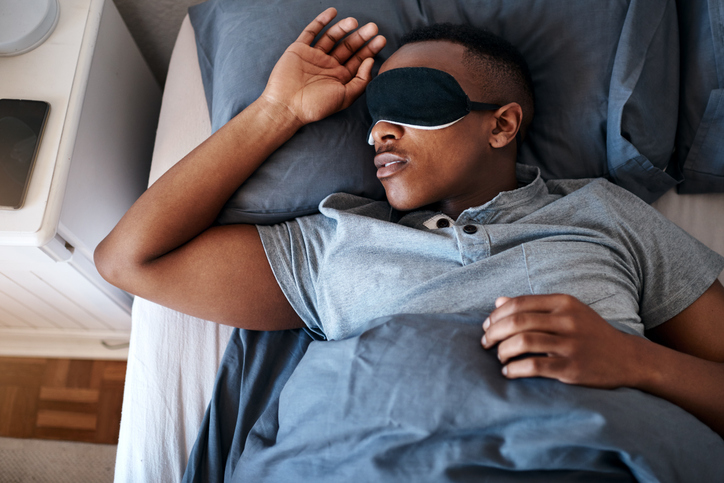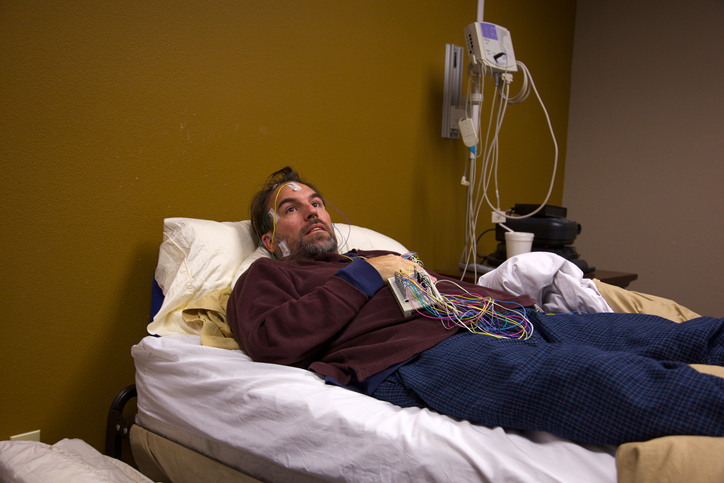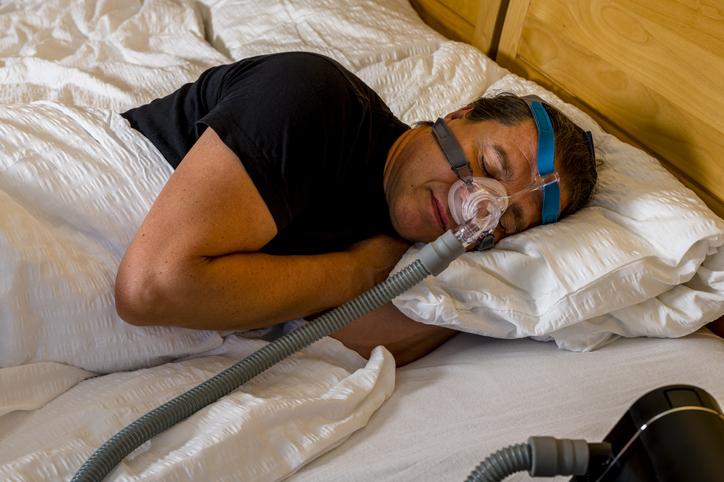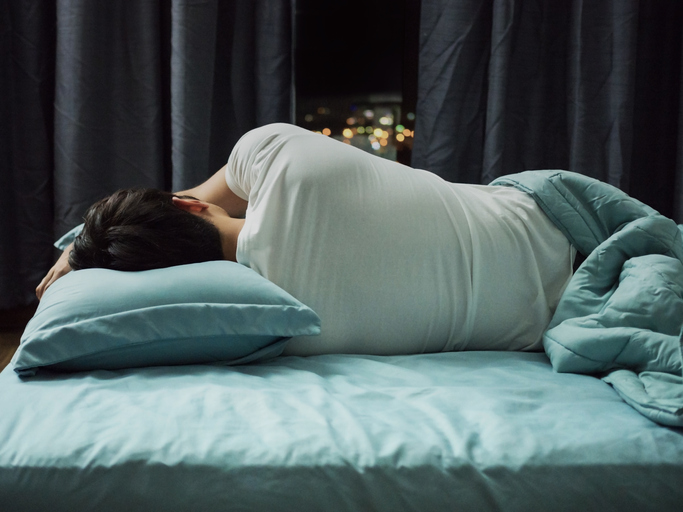Living with Chronic Pain
Conventional Medical Treatments for Insomnia

What is insomnia?
Insomnia is the most common sleep disorder in the United States. Insomnia involves trouble falling asleep, staying asleep, or a combination of both. It is estimated that 50% of adults experience acute (short-term) bouts of insomnia, and 10% of adults deal with chronic (long-term) insomnia.
Conventional medical treatments
Conventional medical treatments for insomnia include cognitive behavioral therapy (CBT) and medications.
Cognitive behavioral therapy
The American College of Physicians recommends cognitive behavioral therapy as the first line of treatment for insomnia. CBT is often just as effective or even more effective than sleep medications and doesn’t have the added risks or side effects.
Many individuals with insomnia develop negative thoughts or worries about sleep. CBT can help individuals recognize and change negative thinking.
The behavioral aspect of CBT involves several strategies to help promote sleep:
- Stimulus control is a behavioral strategy designed to associate being in bed with being asleep rather than being awake. This means going to bed only when sleepy and getting out of bed if unable to fall asleep.
- Sleep restriction is a behavioral strategy designed to help with middle-of-the-night awakenings. It involves restricting and then gradually increasing the total amount of time spent in bed. This often means going to bed later and getting up earlier. As sleep quality improves with the shorter amount of time spent in bed, it is gradually increased by 15 to 30 minutes each week until a sufficient amount of sleep is achieved.
- Sleep-interfering arousal/activation is a behavioral strategy that involves relaxation methods, such as progressive muscle relaxation, breathing exercises, and other relaxation techniques, to help reduce anxiety, calm breathing and heart rate, and relax the muscles to promote a restful sleep.
Medication options
- Prescription medications
In some cases, prescription medications are used to help treat insomnia. These are typically prescribed for a short time to help re-establish a regular sleep schedule. Examples of prescription medications for insomnia include non-benzodiazepine sedatives and hypnotics, such as eszopiclone, zaleplon and zolpidem. Other prescription medications for insomnia include ramelteon (a melatonin receptor-agonist) and trazodone (an antidepressant).
While these medications help with falling asleep, staying asleep, and improving the quality of sleep, they also have potential side effects. Possible side effects include daytime drowsiness, balance problems, and impaired thinking. A potential serious side effect involves driving, cooking, or eating during sleep without realizing it. These medications can also be habit-forming. - Over-the-counter medications
Non-prescription sleep aids, such as antihistamines, are not intended for regular use. Side effects can occur, especially when taken for an extended period. Consulting a physician before taking an over-the-counter medication for insomnia is advised.



